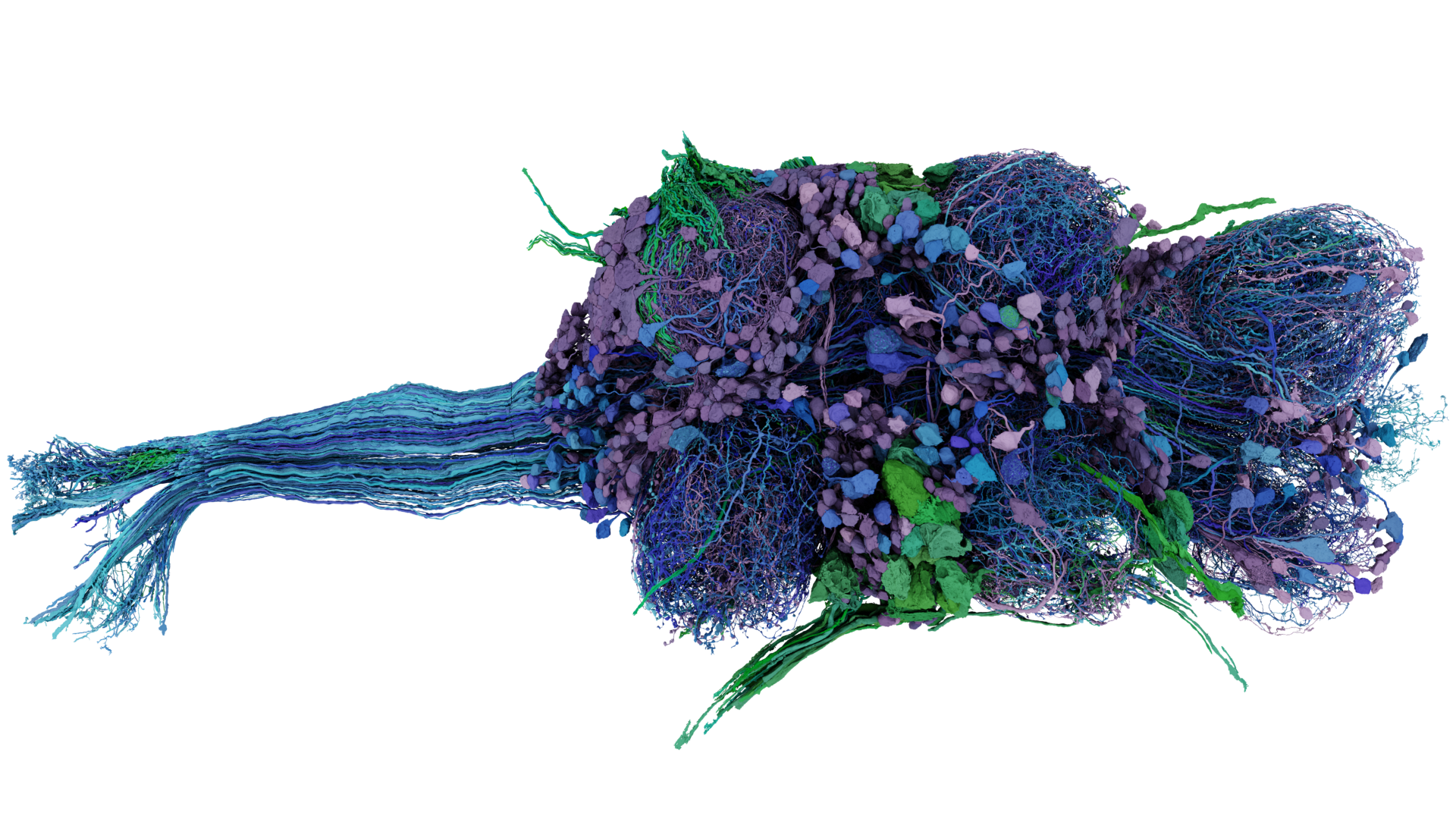
Allen M. Scher, Emeritus Professor of Physiology and Biophysics, died May 12, 2011. He was 90. His specialties were regulation of blood pressure and the physical basis of the electrocardiogram. Dr. Scher graduated with a B.A. in English from Yale, was decorated for his service in the Pacific theatre in the Marine Corps in WWII, and then earned a Ph.D. in Physiology at Yale with a thesis on the renal circulation. He spent his entire professional career at the University of Washington, starting in 1950, shortly after the School of Medicine was founded.
Allen Scher is best known for two major scientific contributions: First, his original research on electrical excitation of the heart focused on how its depolarization and repolarization generated each component of the electrocardiographic complex (QRS). This made a major contribution to clinical cardiology. Previously the physiological links between heart function and the electrocardiogram were not defined experimentally, rather they were known mainly through correlations with lesions. Second, his experiments with Al Young made a precise, quantitative analysis of the carotid sinus reflex, a primary regulator of arterial blood pressure. Their equations described the temporal and physical characteristics that govern this vital control system.
Early on, Scher recognized the power of using computers in the laboratory. He served on the NIH Computer Science Study Section (1963-1967). With other colleagues, he developed a major Research Resources grant, which brought online computer facilities into PBio that were heavily used by different groups to perform cardiovascular experiments on dogs, neurophysiological experiments on cats, voltage clamp experiments on frog nerve, to analyze behavioral data from primates, to compile the Primate Center’s Bibliographia Primatologia, and for many physiological simulations. When the IBM PC came out, Allen bought and enthusiastically explained every accessory and cutting edge revision.
In the mid 1980s, seven cardiovascular investigators in the department successfully competed for an NIH cardiovascular program project with Allen Scher as the Principal Investigator. Concerning Dr. Scher’s contribution, Larry Rowell remembers, “He was a wise leader, fair minded yet rigorous, good judgment, honest — he bound us together (could herd cats). His prestige and analytical mind contributed to our funding success. He was highly respected.”
Allen Scher was skilled in organizing and teaching courses for medical students. When in the 1960s the UW School of Medicine decided to convert the medical curriculum from discipline-based to systems-based, Al was charged with organizing the cardiovascular system, one of the largest blocks in the curriculum. This meant coordinating the efforts of faculty from anatomy, physiology, pharmacology, pathology, radiology, surgery, and medicine, as well as giving a number of lectures himself. He was outstanding in incorporating his own research and that of his colleagues in clinical medicine into clear and relevant presentations to the medical class. He was popular with students, who judged him rigorous but fair. His block was among the most popular in the curriculum. Allen was also section editor and contributed many chapters to the department’s Textbook of Physiology.
On the personal side, Allen Scher had energy, a loud voice, quick wit, and an active sense of humor. His laugh, strong and rough, could be heard down the corridors. He was totally engaged and nicely engaging. He was successful as a scientist and worldly about funding and doing science. He held scientific opinions strongly and could be combative at national meetings in defending them. Allen was generous in sharing knowledge and ideas. He was kind to junior faculty and devoted to his family. The more senior faculty remember summer retreats at Tekiu Point on Hood Canal and to the cabin on Shaw Island as well as annual New Year’s Eve parties with corned beef and skiing at Alpenthal. He loved music and at holiday parties his deep voice boldly contributed to the singing.
Allen became Emeritus in 1991. At his retirement party many fine stories were told. One went as follows: Early on, Al and Maryonda lived in a houseboat peacefully frequented by ducks. Having only the salary of a beginning faculty member, Al wondered if they might dine on the ducks. He fed them bread laced with Nembutal, which they readily consumed, but then they disappeared under the houseboat and all was quite. Suddenly at 2 AM, the ducks revived and for the rest of the night raised an alarming racket below. Al and Maryonda missed their fine dinner and much sleep that night. He is survived by his wife Maryonda E. Scher; his sister, Frances White; and his children, Celia Scher Wagner and John Hoagland-Scher.
We are all saddened by the passing of our colleague of many years. Walt Woodbury who arrived on campus on the same week as Allen in 1950, penned a Limerick in his own inimitable style.
Those great early days with Al Scher.
When nothing our dreams could deter.
I remember when Allen
And I were a-palin’
If things could be still as they were!

